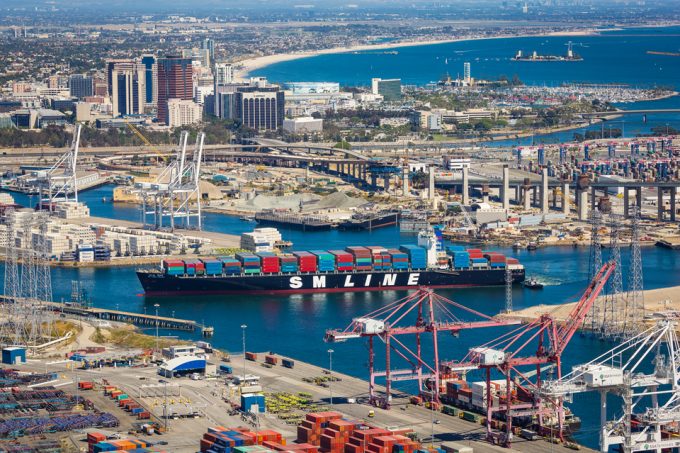Forwarders eye growth via M&A as deal activity builds
M&A is expected to increase among the fragmented forwarding sector this year, with several companies ...

UPDATED 21.7.23 TO INCLUDE SHARE SALE DETAILS
Samra Midas (SM) Group’s founding chairman, Woo Oh-hyun, has at last confirmed his sights are set on taking over South Korean flagship carrier HMM, after becoming its third-largest shareholder.
Mr Woo disclosed his plans during an interview with the Korea ...

Comment on this article